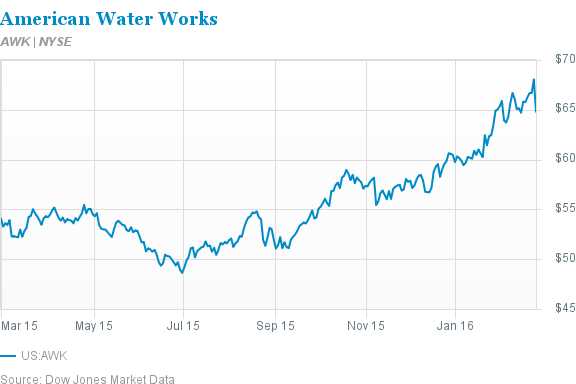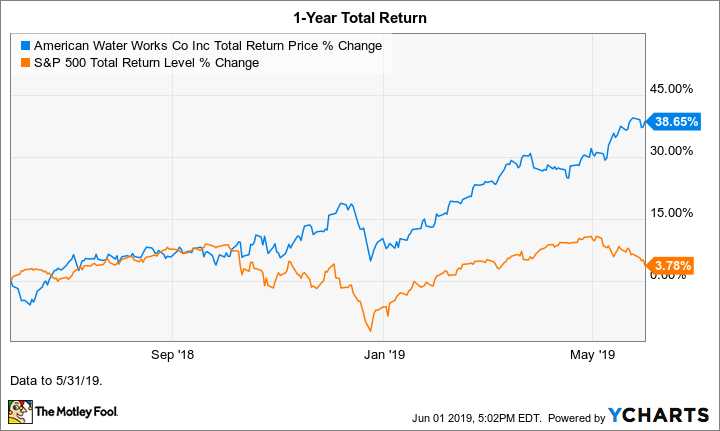Definition of Watered Stock
Watered stock refers to shares of a company’s stock that have been issued at a price higher than their intrinsic value. This practice is often done to deceive investors and inflate the company’s apparent worth. It is considered a form of financial fraud and is illegal in many jurisdictions.
When a company issues watered stock, it essentially dilutes the ownership of existing shareholders by increasing the number of outstanding shares without a corresponding increase in the company’s assets or earnings. This can result in a decrease in the value of existing shares and a loss for shareholders.
Watered stock can be created through various means, such as overvaluing the company’s assets, inflating the reported earnings, or manipulating the financial statements. The purpose is to make the company appear more valuable than it actually is, attracting investors who are willing to pay a higher price for the stock.
Investors should be cautious when investing in companies that have a history of issuing watered stock. It is important to thoroughly research the company’s financial statements and performance to determine its true value. Additionally, regulatory bodies and financial institutions play a crucial role in detecting and preventing the issuance of watered stock.
| Key Points | Implications |
|---|---|
| Watered stock is issued at a price higher than its intrinsic value. | Existing shareholders may experience a decrease in the value of their shares. |
| It is a form of financial fraud and is illegal in many jurisdictions. | Investors may suffer financial losses. |
| Companies create watered stock to deceive investors and inflate their apparent worth. | Regulatory bodies and financial institutions play a crucial role in detecting and preventing watered stock issuance. |
Types of Watered Stock
| Type | Description |
|---|---|
| 1. Overvalued Stock | This type of watered stock occurs when the market value of a company’s stock is artificially inflated due to misleading or false information. Investors may be led to believe that the stock is worth more than it actually is, resulting in potential financial losses. |
| 2. Stock Issued at a Premium | |
| 3. Stock Manipulation | This type of watered stock involves intentional manipulation of stock prices by individuals or groups. This can be done through various means, such as spreading false rumors or engaging in illegal trading practices. The goal is to create artificial demand or supply, leading to price fluctuations that can be exploited for personal gain. |
| 4. Pump and Dump Schemes | In a pump and dump scheme, individuals or groups artificially inflate the price of a stock by promoting it with false or misleading information. Once the price has been pumped up, they sell their shares at a profit, leaving other investors with worthless or overvalued stock. |
| 5. Insider Trading | Insider trading involves the buying or selling of a company’s stock based on non-public information. This can give insiders an unfair advantage and lead to the manipulation of stock prices. It is illegal in many jurisdictions and can result in severe penalties. |
Mechanics of Watered Stock
Watered stock refers to shares of a company that have been issued at a higher value than their actual worth. This can occur through various mechanisms, which are important to understand in order to make informed investment decisions.
1. Overvaluation

One way watered stock can be created is through overvaluation. This occurs when a company inflates the value of its assets or earnings, leading to an overestimate of its true value. By issuing shares based on this inflated value, the company can raise more capital than it would otherwise be able to.
2. Stock Dividends
3. Debt Conversion

Debt conversion is another mechanism that can lead to the creation of watered stock. When a company converts its debt into equity, it may issue shares to the debt holders at a value that is higher than the market price. This can result in the dilution of existing shares and the creation of watered stock.
4. Insider Trading
Insider trading can also contribute to the creation of watered stock. If insiders, such as company executives or major shareholders, have access to non-public information that indicates the stock is overvalued, they may sell their shares to the public at the inflated price. This can result in unsuspecting investors purchasing watered stock.
5. Market Manipulation

Market manipulation is another factor that can contribute to the creation of watered stock. This can occur through various tactics, such as spreading false information about a company’s performance or artificially inflating the stock price. By creating a perception of value that is higher than the actual worth, market manipulators can sell watered stock to unsuspecting investors.
It is important for investors to be aware of these mechanics of watered stock in order to avoid potential losses. Conducting thorough research, analyzing financial statements, and staying informed about market trends can help investors make informed decisions and avoid investing in companies with watered stock.
| Definition | Types | Mechanics | Implications |
|---|---|---|---|
| Definition of Watered Stock | Types of Watered Stock | Implications of Watered Stock |
Implications of Watered Stock
1. Misleading Valuations
One of the main implications of watered stock is that it can lead to misleading valuations of a company. When a company inflates its stock price through the issuance of watered stock, it can create the illusion of higher value and profitability. This can attract investors who may be unaware of the true financial health of the company.
2. Dilution of Ownership
Watered stock can also dilute the ownership stakes of existing shareholders. When a company issues additional shares of watered stock, it increases the total number of shares outstanding. This means that each individual share represents a smaller ownership percentage of the company. Existing shareholders may see their ownership stakes diluted, which can reduce their control and influence over the company.
3. Decreased Confidence
The presence of watered stock can erode investor confidence in a company. When investors discover that a company has issued watered stock, it raises concerns about the company’s financial practices and transparency. This can lead to a decrease in investor trust and a decline in the company’s stock price.
4. Legal and Regulatory Issues
Companies that engage in the issuance of watered stock may face legal and regulatory consequences. In many jurisdictions, the issuance of watered stock is illegal and can result in fines, penalties, and legal action. Additionally, regulatory bodies may investigate companies suspected of issuing watered stock to ensure compliance with securities laws and protect investors.

Emily Bibb simplifies finance through bestselling books and articles, bridging complex concepts for everyday understanding. Engaging audiences via social media, she shares insights for financial success. Active in seminars and philanthropy, Bibb aims to create a more financially informed society, driven by her passion for empowering others.
